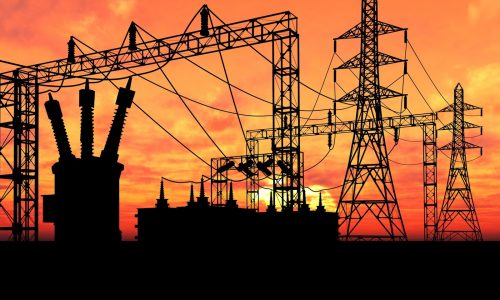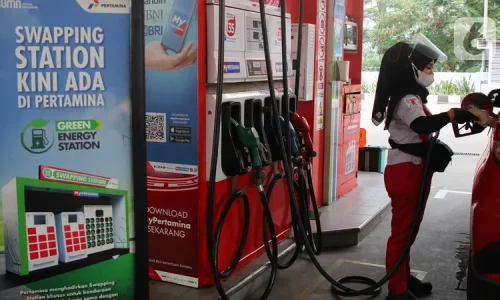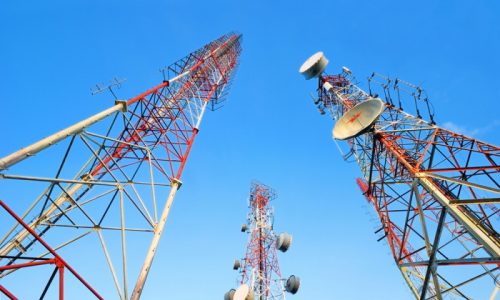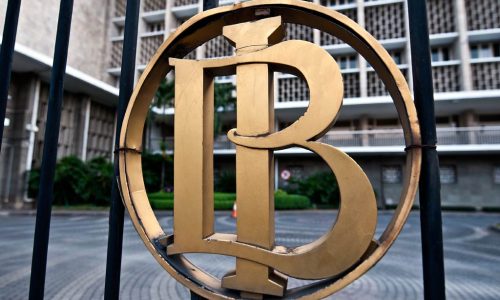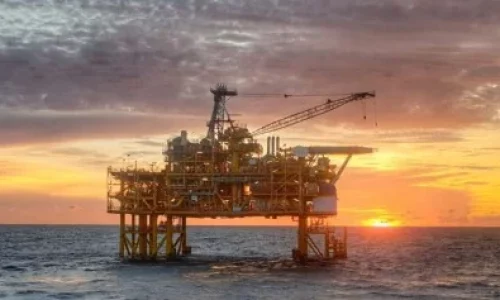Vehicle transportation company PT Indonesia Kendaraan Terminal Tbk (IPCC) has allocated capital expenditure (Capex) for 2023 of between IDR 35 and IDR 40 billion for maintaining infrastructure and the supra structure of its operations.
The IPCC operates in Tanjung Priok Port in the field of vehicle terminal sector. Its services include cargodoring, stevedoring, receiving & delivery, vehicle processing center (VPC), and equipment processing center (EPC). The company is a subsidiary of state-owned port operators PT Pelabuhan Indonesia II.
PT Pelabuhan Indonesia II (Persero), commonly called Pelindo II, was established in 1991. It is a port managing company in 10 provinces in Indonesia, namely West Sumatra, Jambi, South Sumatra, Bengkulu, Lampung, Bangka Belitung, Banten, Jakarta, West Java and West Kalimantan.
Capex for operational maintenance
The IPCC would use most of its Capex to repair and develop infrastructures and supra structures to accelerate its operational activities in the field and the system, said Director of Finance and Human Resources Sumarno.
The main goal of the Capex allocation is to ensure the company’s operational activity runs smoothly as it will affect the system and facilitates customers’ ease of access.
This will also support the company’s future expansion to other potential ports in cooperation with ferry shipping or vehicle terminal.
IPCC Director of Operations and Technicals, Andi Hamdani, said that in the future the company would focus on the human resources sector in pursuing the increase of standards in service competency. It will still maintain good services in its current ports such as the Panjang terminal in Lampung; RoRo (roll-on/roll-off ship) terminal in Belawan, Medan; Dwikora terminal in Pontianak; RoRo terminal in Makassar; and a vehicle terminal in Tanjung Priok, and Gresik terminal.
The company will also support the expansion by implementing and developing a terminal operating system (TOS) and monitoring terminal system (MTS) in all satellite ports. It will also implement an integration monitoring terminal system (ITMS) on the operational integration system and continue the transformation program to other satellite terminals.
All of these efforts would continue to increase the company’s performance this year, said Hamdani.
Risk in the port sector
According to a 2019 analysis from Tedy Herdian, the Deputy Port Facility Security Officer, as a maritime country with a water area reaching 3,257,483 square kilometers or 62.89% of its territory, Indonesia needs connectivity because it is geographically located in waters.
Such connectivity, such as the availability of ports, is important because the number of islands in Indonesia reaches 17,508. The ports connectivity supports the stability of the Indonesian economy evenly. However, as a maritime country with many islands, Indonesia has problems in port activities such as:
- Waiting time. The waiting time is the process of loading and unloading containers from the ship to the port until it exits the terminal. “However, the smaller the waiting time for loading and unloading at the port, the better the performance, whereas if the waiting time is greater, it will have an impact on the performance of the terminal/port,” Herdian said in his study.
- Demurrage, or the time limit for the use of containers at the port. The demurrage is calculated through the loading and unloading process from the ship and/or from the port door;
- Port activity supporting equipment, loading and unloading equipment to support activities at the port. These problems often occur because of lack of equipment due to delays in unloading activities at the port. Vessel delays at the port affect the rental price and have an impact on the selling price of the goods offered. The equipment includes cranes and forklifts. Problems with these facilities still occur, such as at the Nusantara port of Waingapu in East Nusa Tenggara (NTT);
- Human Resources (HR), increased loading and unloading and trading activities correlate with the quality of port services to make them more effective and efficient. These efforts depend on the availability of human resources.



